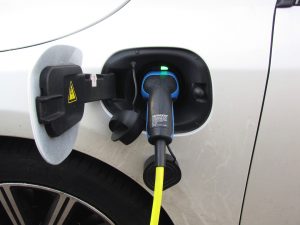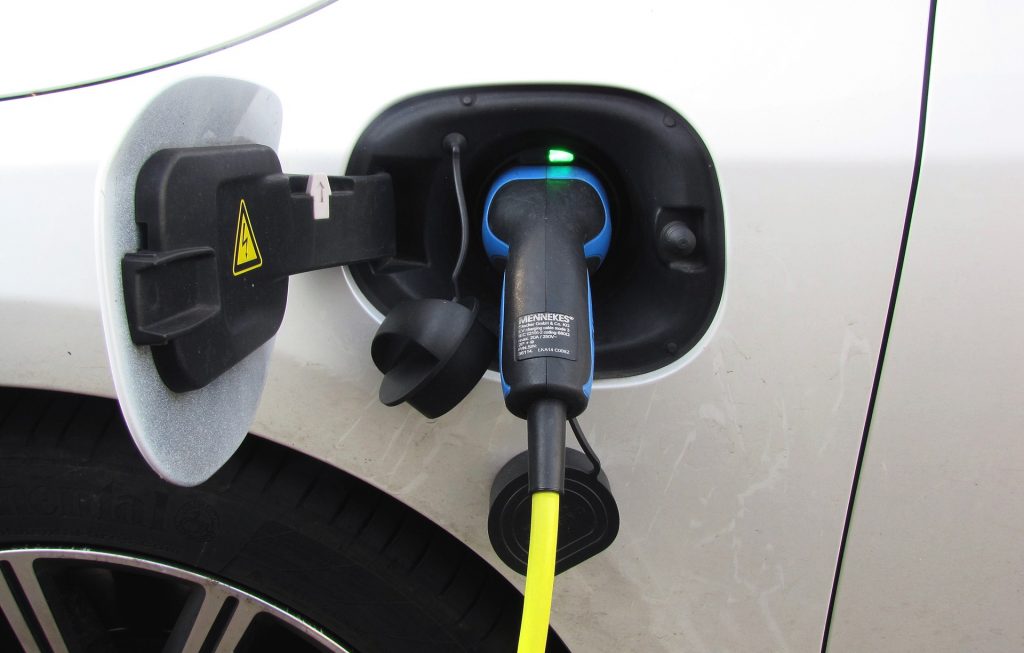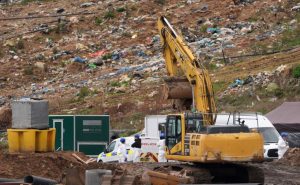Ban on new petrol and diesel cars in UK from 2030

NEW cars and vans powered solely by petrol and diesel will not be sold in the UK from 2030, Prime Minister Boris Johnson has said.
But some hybrids would still be allowed, he confirmed.
It is part of what Mr Johnson calls a “green industrial revolution” to tackle climate change and create jobs in industries such as nuclear energy.
Critics of the plan say the £4bn allocated is far too small for the scale of the challenge.
The total amount of new money announced in the package is a 25th of the projected £100bn cost of high-speed rail, HS2.
In an interview on BBC Breakfast Business Secretary Alok said £4bn was part of a broader £12bn package of public investment, which “will help to bring in three times as much in terms of private sector money”.
Mr Sharma, who is president of the COP26 international climate summit that the UK will host next year, said the money would also support the creation of 250,000 jobs in parts of the UK “where we want to see levelling up”.
The government hopes that many of those jobs will be in northern England and in Wales, and that 60,000 will be in offshore wind.
The plan includes provision for a large nuclear plant – likely to be at Sizewell in Suffolk – and for advanced small nuclear reactors, which it is hoped, will create an estimated 10,000 jobs at Rolls-Royce and other firms.
The plans will also affect some people’s homes. The government will bring forward, to 2023, the date by which new homes will need to be warmed without using gas heating.
It will aim to install 600,000 heat pumps a year by 2028 – these are low-energy electrical devices for warming homes.









